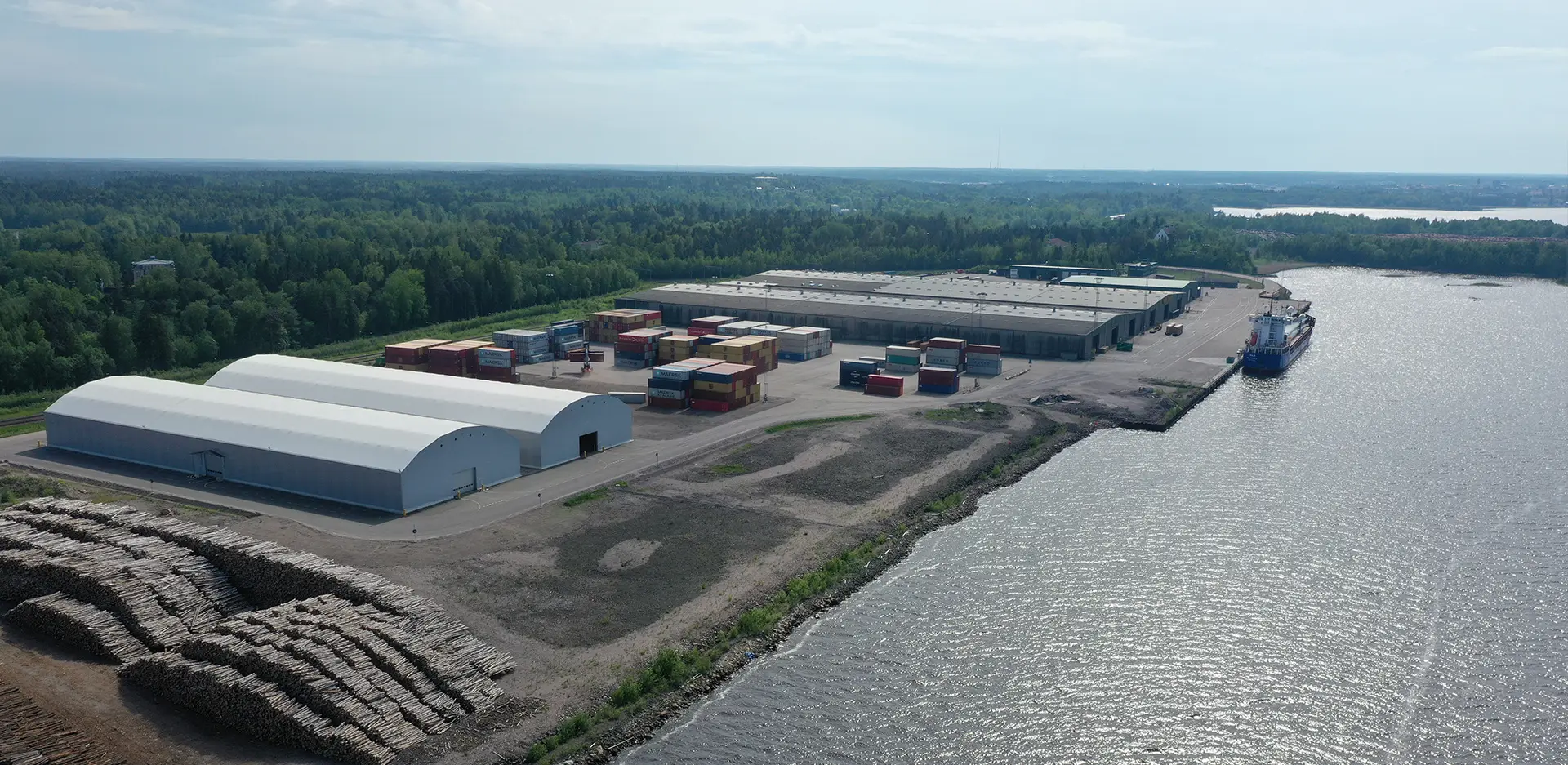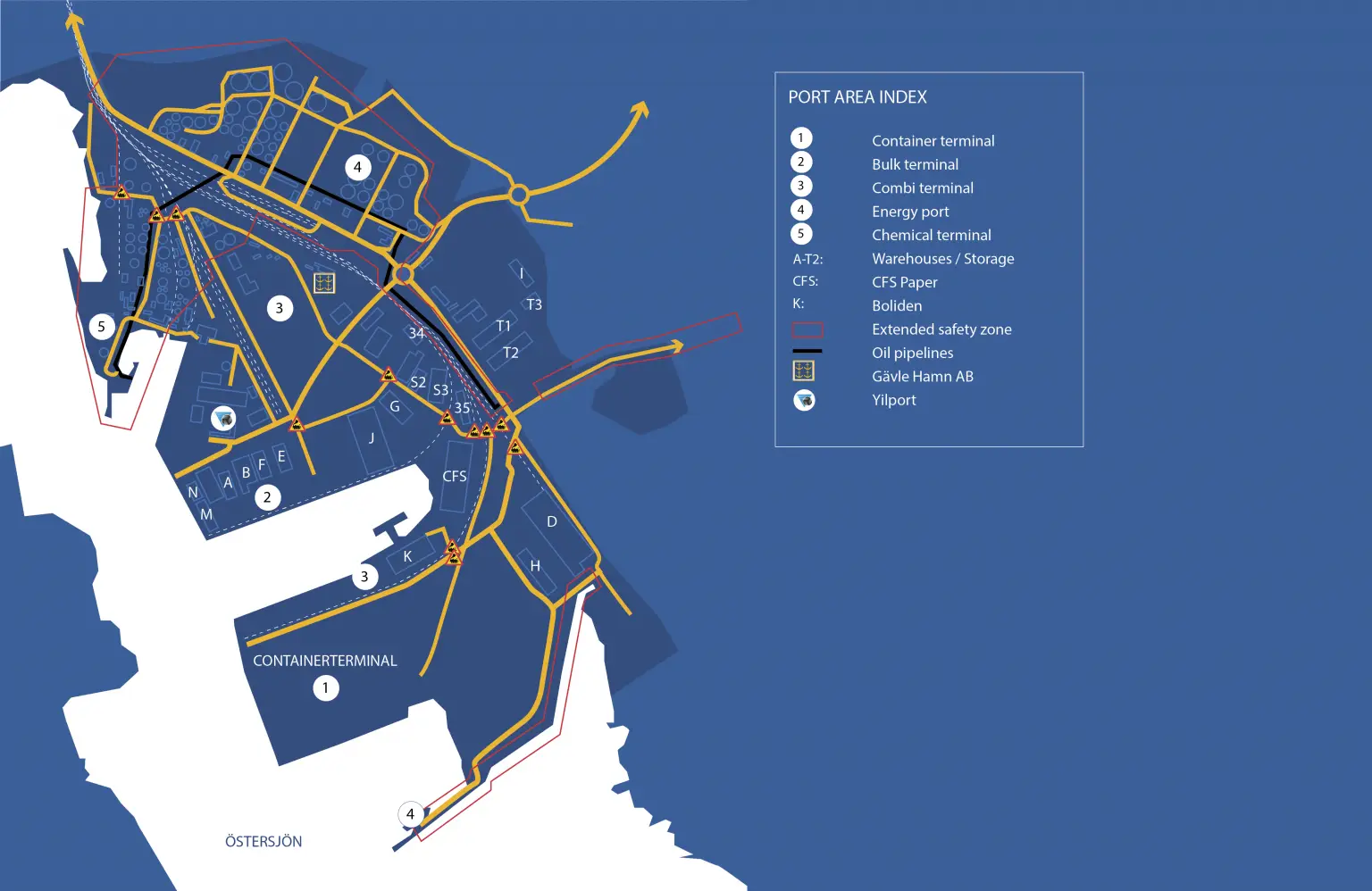Service and terminals
Vessels are unloading and loading at Port of Gävle’s six terminals 24 hours a day. There is constant activity all year round.
Port rules and regulations
All documents that contain information about the rules, restrictions, conditions and procedures for the port area are gathered here. The information is aimed at the stakeholders operating under maritime, road and rail transportation law, but also at others who, for example, will be visiting a company that is set up in the port area. At Port of Gävle safety is a focus area and it is important that those who are going to pay a visit to the port, review the rules in advance.
Overall regulations
For visitors
Information on notification requirements, tugboat rules and regulations regarding mooring/shifting berths, etc can be found in the Port Rules document.
Onshore Power supply to vessels
At Port of Gävle, shore power is now available at both Quay 16 and Quay 27. The systems are operational and allow vessels to connect to electricity while at berth, reducing emissions and noise from auxiliary engines.
Port of Gävle continuously works to improve and expand shore power capabilities. Technical specifications and applicable regulations can be found in Port of Gävle’s Port Regulations §15.
Learn more about shore power (OPS) here:
OPS Energy pier (quay 27)
OPS Loading quay for ore (quay 16)
Applications and notifications
Documents and forms that are linked to different types of applications and notifications can be found below.
Documents
Links
Photography Permit
Port of Gävle is subject to the Swedish Installations Protections Act (2010:305) and the Maritime Security Act (2004:487). Restrictions apply to filming or photography in or near these areas.
If you wish to film or take photographs in these areas, you must obtain a permit.
To apply, please contact our Security Department at with your request.
You will receive a response within 72 hours regarding the approval of your request.
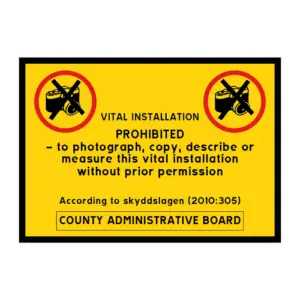
Prenotification of delivery of waste
According to new waste legislation (implementation of EU directives) valid from 2023-05-01, vessels must pre-notify the need to leave waste in port separated according to MARPOL.
Waste notification must be notified no later than 24 hrs before arrival. Notification is made via Service Order in Port Activity App.
The ship crew is responsible for leaving the waste at the applicable terminal’s waste room.
The waste rooms are available 24 hours a day.
(The waste rooms are locked and access is given after a correct waste notification has been received).
Hazardous work and processes
In the port area, there are a number of facilities where large amounts of chemicals are handled. According to the “Law on measures to prevent and limit the consequences of serious chemical accidents” (SFS 1999:381), the municipality must inform those persons at risk of being affected in the event of an accident. The information is presented in a swedish folder, “Om larmet går” (“If the alarm goes”), download here. The folder can also be found on the web pages for Gävle Municipality and Gästrike fire department . In addition, the fire department sends the folder to people living in the immediate area. For information in English, please contact the Port Traffic Office.
Container terminal
With an annual handling of more than 250,000 TEU*, Port of Gävle has the largest container terminal on the east coast of Sweden. Feeder ships are unloaded and loaded, taking containers to and from major ports in Europe, where they are reloaded en route to their final destinations throughout the world. The operational activities are managed by terminal operator Yilport Gävle.
In May 2022, a completely new container terminal opened and has increased the capacity to 600,000 TEU. Port of Gävle and Yilport Gävle have co-invested to meet the increasing demand for maritime transports in the form of container transports.
The world’s large container shipping companies are operating in the port and the container port can now accommodate more and larger ships. At the same time, opportunities are created for more business facilities close to the port. There is also plenty of room for storage and warehouses. The new capacity enables more companies to avoid the traffic congestion in the Mälardal region and quickly move north via both rail and road. A train shuttle runs between Port of Gävle’s container terminal and the Stockholm Nord Rosersberg combi terminal, north of Stockholm.
Export goods from the Mälardal region (Västmanland, Södermanland, Närke and Uppland) reach the combi terminal in Rosersberg so that they can be transported up to the Port of Gävle using environmentally friendly transport and then be shipped onwards with maritime transport, for example. In return, the shuttle train takes goods, such as import goods that have arrived by sea, rail or road, down to Stockholm Nord Rosersberg for further transport to their final destination.
*TEU is a measure of how many containers are handled, with 1 TEU=20 feet, or 6.1 metres. A 40 foot container corresponds to 2 TEU and 12.2 meters.
Container terminal 2022
- Terminal surface area: 156,000 m2
- 2 quays: 680 metres.
- Authorised draught of 12.2 m and 10.0 m
- Authorised Economic Operator (AEO) certified
- Capacity: 600,000 TEU
- Border control for food imports
- Quayside combi terminal
- Three Super-Post Panamax cranes, range 52 m
- Six unmanned eRTG cranes
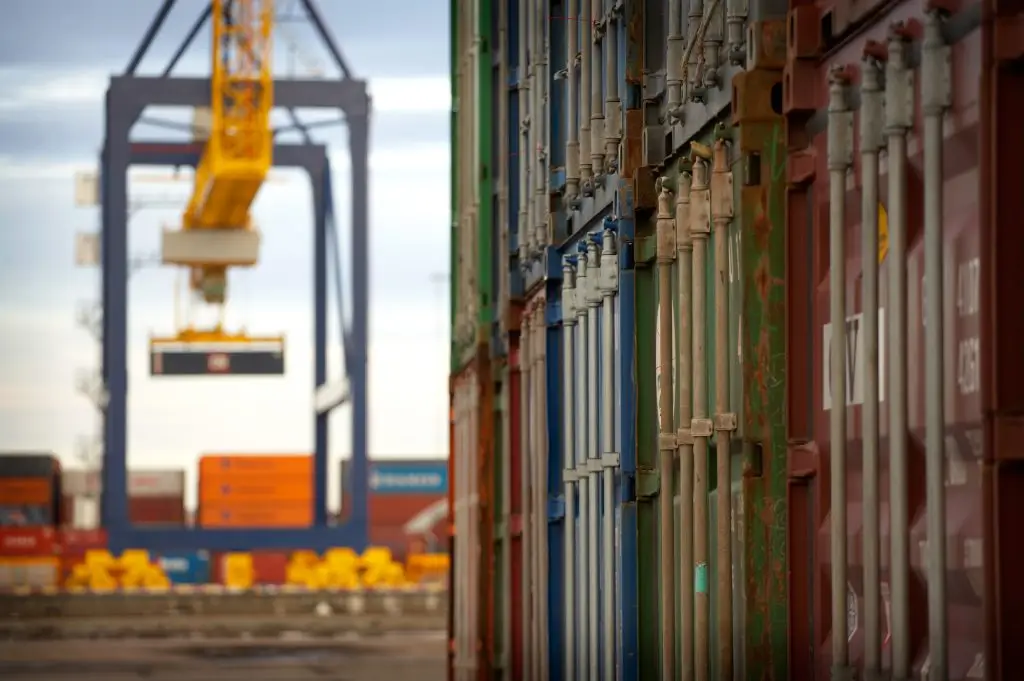
Bulk terminal
At Port of Gävle’s bulk terminal*, materials and supplies to the primary industry is handled (e.g. clay, alloys, scrap metals, dressed ore and biofuels). Also project loads are handled here, where the requirements for lifting capacity and temporary storage areas are high (e.g. modular housing and wind turbines). The bulk terminal consists of four quay sections where different types of ships are loaded and unloaded. A number of large warehouses are directly connected to the quays, which provides the opportunity to store stock. There are also large quay areas for intermediate storage of goods. The business operations are managed by Yilport Gävle.
*A bulk terminal handles goods not loaded in a carrier, (for example, a container or trailer).
Quays
The east quay handles, among other things, scrap, sawn timber, pulp, ferrous alloys, kaolin clay and project loads.
The south quay handles various types of bulk goods such as wind turbines, chalk for paper mills, road salt, wood chips and wood pellets.
The south-west quay can handle e.g. clay for the paper industry, scrap stainless steel and rubber clippings. There is also a tank for unloading cement.
The quay has a fully automatic system for loading of lead and zinc concentrate. The facility is a closed system with integrated conveyor.
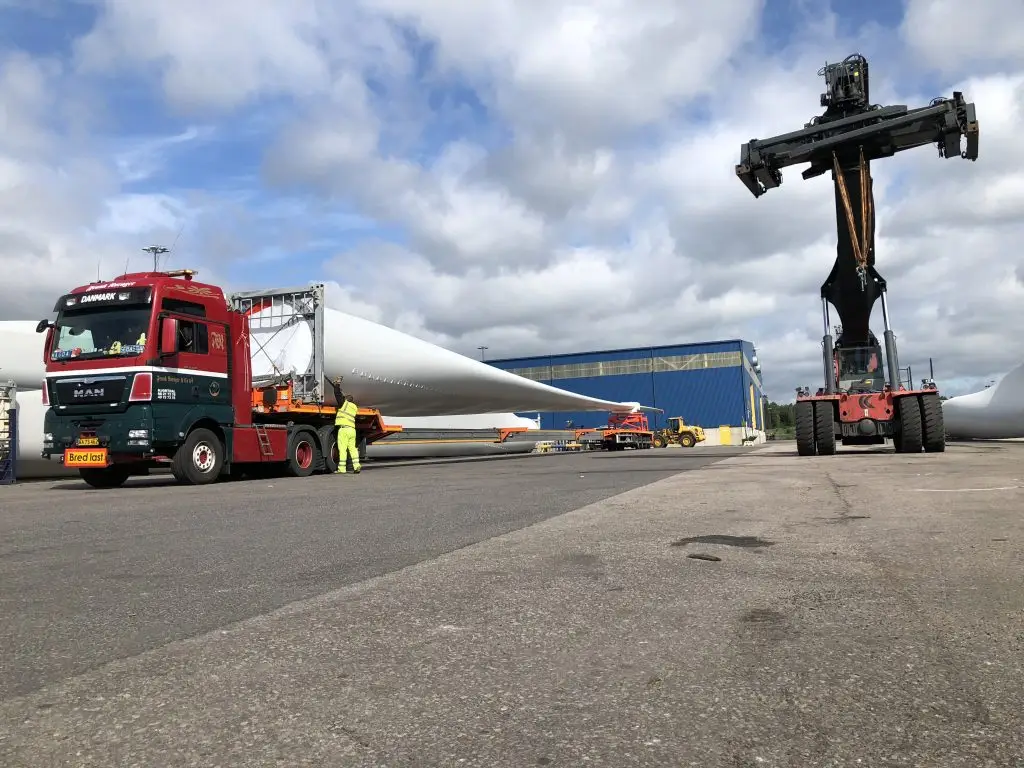
Combi terminal
The Combi terminal* is integrated with the container terminal, close to storage areas and quays. It offers complete solutions for combined traffic management such as lifting, switching, storage and stuffing/stripping. The business operations are managed by Yilport Gävle. In addition, there is another combi terminal at Fredriksskans. There you can find a pre-prepared processing area of 50,000 m2, with two full length tracks of 500 metres each.
*A combi terminal refers to a series of railway tracks where freight trains with goods arrive to drop off or pick up goods. In the combined terminal, the trains meet road transports for reloading from one mode to the other.
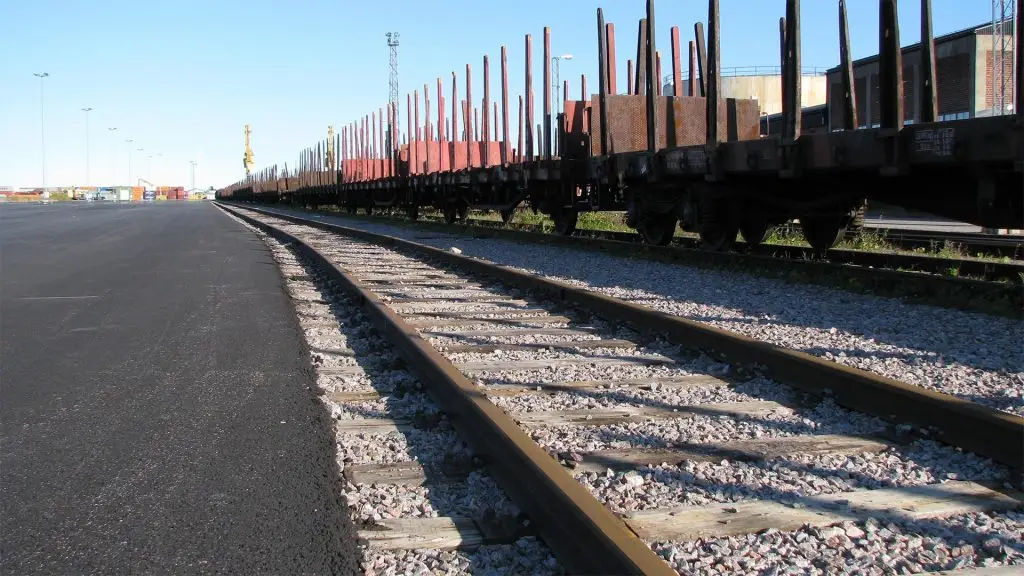
Energy port (chemical and oil terminals)
The Energy Port is one of Sweden’s largest and the major fuel, chemical and storage companies are represented here. The Energy Port supplies Stockholm Arlanda Airport with all the jet fuel it needs through a shuttle train. The Energy port mainly handles the following bulk liquids: sulphuric acid (vitriol oil), sodium hydroxide (also known as caustic soda or as an aqueous solution for lye), clay slurry (slurry is a mixture of fine, solid particles and water, i.e. a wet mixture of different materials), MTBE (octane-raising component of motor petrol), petrol, diesel, fuel oil, ethanol, vegetable oils, hydrotreated vegetable oil (HVO) and jet fuel. A common pipline system connects the various depots with the quays. The pipeline system from the quays up to the respective fuel depot is owned and maintained by Gävle Hamn AB. There are plenty of spaces for logistics solutions and storing stock at the Energy Port.
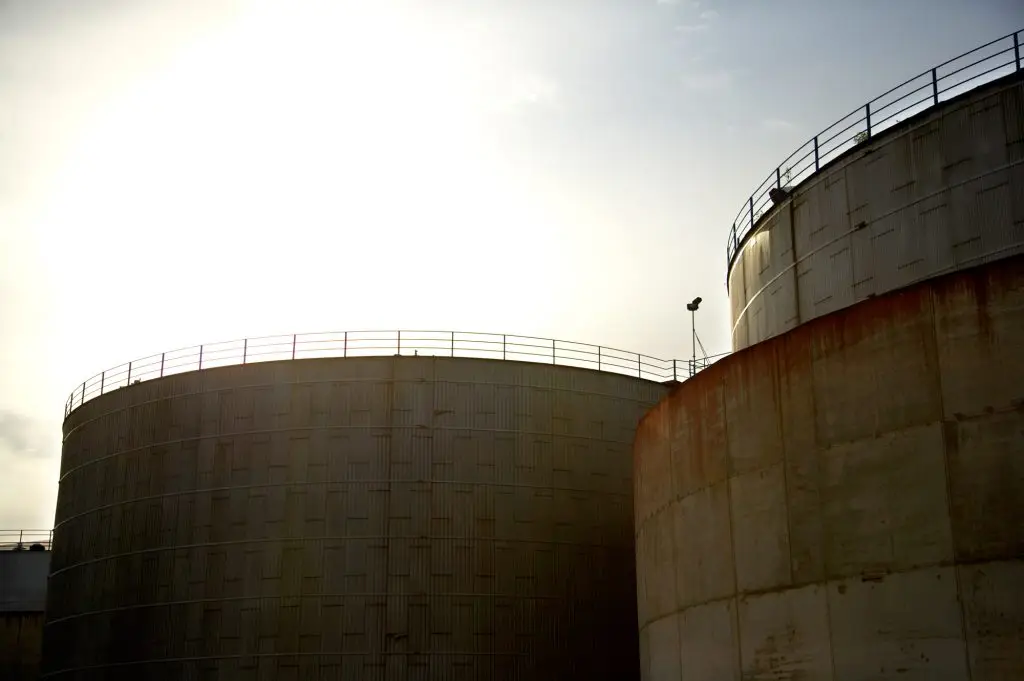
CFS Granudden
Container Freight Station (CFS) Granudden primarily handles paper products in five large 60 000 square metre warehouses. Here you will find both indoor rail and stuffing stations for loading (filling) containers. About 20,000 containers are loaded with paper here each year. The business operations are managed by Yilport Gävle. From CFS Granudden, trains loaded with containers depart daily to the container terminal for further transportation by feeder ship.
